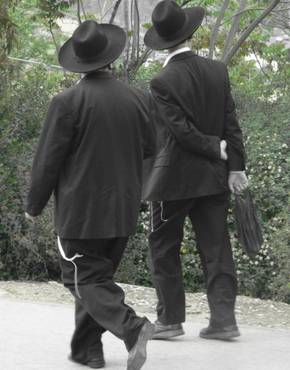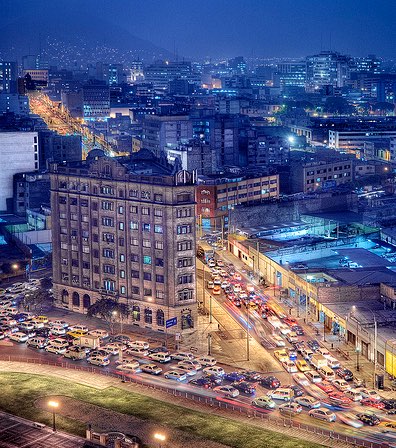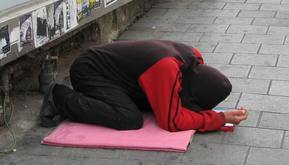Understand your sweet breath
 Believe me or not,
Believe me or not,
from our birth you and i,
we were trained like a dog,
trained in what is right and what is wrong,
trained in what is good and what is bad,
trained in who is and who isn’t our god.
From you to me
 Who wasn’t blind for this inner light?
Who wasn’t blind for this inner light?
Who wasn’t deaf for this inner sound?
Who wasn’t shackled for their false self?
Who wasn’t living in their own unrest?
Who?
Read MoreBegging for Peace
On my recent journey to Israel, one of the oddities of Tel Aviv was the sighting of the occasional beggar on the street. These seemed to take 3 forms: old women sitting beside lamp-posts, elderly hasidic pan-handlers with a bit of a crazy edge, and young penitents who situate themselves in a state of frozen prostration, on the leeward side of walkways.
This is an strange sight to see.
In North American cities, begging and pan-handling are synonymous – considered by the more cozy financially to be one of society’s major blights, sore spots.
The poor and the beggars have always been with us, in one form or another — at least in the so-called “civilized” societies of the post-tribal world. One imagines that in “tribal” times, all people had meaningful roles to play in societies where life wasn’t measured by accumulation and prestige.
Read MoreHe explains the immortal
Yes this experience is all about your breath,
but sincerely said it is much more than that,
Read MoreThe Road to Tel Aviv
It is the end of another business day, school-day, peace-keeping day. Soldiers, school children, a handful of tourists, Hasidic Jews all pile on and empty off the bus in drips, droves, coughs and sputters, as the bus navigates the stew of the afternoon rush.

Soldiers are everywhere in Israel; more pronounced in Jerusalem, less visible in Tel Aviv. They are all young. College young. Just- out-of -high -school young. A period of military service is a mandatory part of the young Israelis’ journey into adulthood, for both men and women. This rite-of-passage speaks of the reality of a societal burden as old as the stones in the temple walls here.
Read MoreThe Camana Hall in Lima, Peru
Lima downtown is an area than meets more than ten million people a day. The colorful crowd has received epithets such as “urban wildlife”, “concrete jungle” and several less poetic names, that describe, somewhat, its chaotic aspect. There can be seen, perhaps, the best and the worst of this stunning city, called “City of the Viceroys”.
The beautiful restored historic buildings, try to survive the smog that, merciless, covers them every day, with a layer of black pollution; and the noise of thousands of public service passenger cars is such a cacophony, which peaks among noontime to eight p.m. The scenes are worth of a Fellini’s film, disturbing the mood of walking people. It’s easy to feel alone among this concert.
In one of these busy streets of Lima, called Camana St., in the third block, Hugo Monroy, a loving student of Prem Rawat, operates the “Third Millennium” Restaurant, where, day by day he prepares delicious Peruvian food for regular customers in the area, with the help of secret recipes, inherited from his maternal grandmother.
In fact, these recipes are the only thing Hugo doesn’t share with anybody, because the rest of him is an open house at the disposal of his greatest passion: spread the message of Prem Rawat.
With the help of Maritza Espinoza, since 15 months ago, this restaurant-at-day becomes every Thursday and Sunday, a “Hall of Propagation” at night, reuniting a beautiful community who meet in these days according to a very specific schedule: Thursdays, at 7 pm, meet those who are watching the Keys and at 8 pm, introductory events take place. Usually, the ones who were watching the Keys remain at the introductory event. On Sundays, since 5 to 6:30 pm, there are introductory events.
Read More



